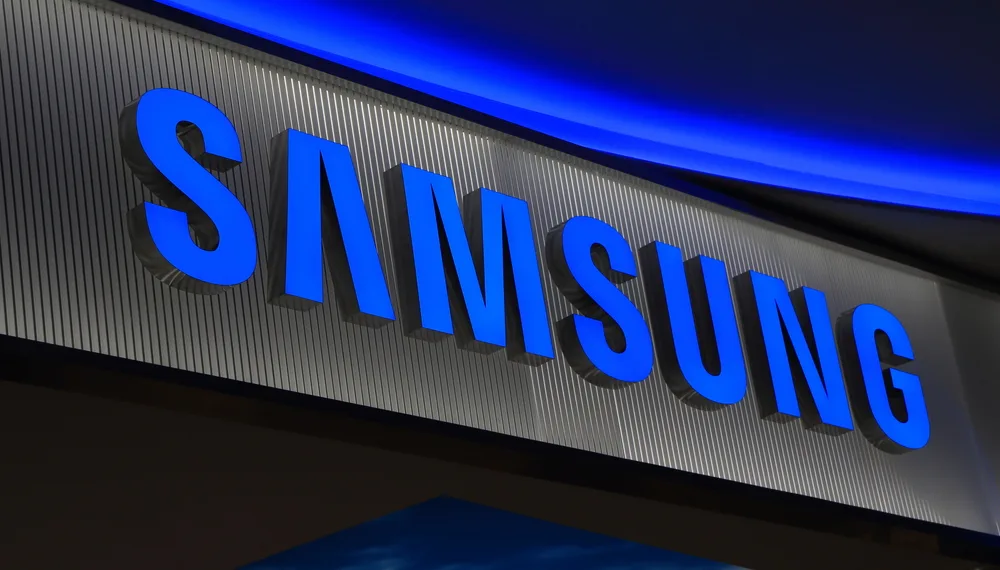Harman International, which is best known for its portfolio of more than 12 audio brands, was acquired by Samsung for $8 billion in 2017. Samsung has not made a major acquisition since, and it is still the company’s most expensive asset to date.

Table of Contents
Harman’s $8 Billion Turnaround: How Samsung’s Costliest Acquisition Became a Major Growth Engine
There was skepticism about the acquisition at first. Harman had a particularly hard time finding its place in Samsung, and its early growth figures did not meet expectations. The deal raised eyebrows among many industry analysts, who said it was devoid of strategic synergy and that Meta could be making an expensive mistake. But fast forward a decade, and Harman has become a major growth driver for Samsung, validating its long-term investment.

Harman delivered an operating profit of $902 million last year, its most since being bought. By Q4 2024, its profits were twice that of Samsung’s TV and home appliance divisions. Since then, the South Korean company has been building its home audio portfolio with new product launches and acquisitions. Moreover, its connected car systems are profitable, reaching more than 50 million vehicles with its solutions.
A major reason for Harman’s success has been its deeper collaboration with the other business units at Samsung, especially within the automotive business. Utilizing Samsung’s in-vehicle technology, Harman has signed significant contracts for digital cockpits and advanced in-car experiences with major automotive manufacturers, including BMW and Ferrari.

This acquisition was Samsung’s first major deal under the leadership of Chairman Jay Y. Lee, who was on the company’s board at the time. While Lee is no longer a board member, calls for his return have been growing, with many believing his leadership could help Samsung tackle ongoing challenges. Additionally, with over $100 billion in cash reserves, his potential comeback might pave the way for further acquisitions, potentially reshaping Samsung’s business strategy in the coming years.
FAQs
Why did Samsung acquire Harman?
Samsung acquired Harman for $8 billion to expand into automotive and audio technology.
How is Harman performing now?
Harman is now highly profitable, earning $902 million in 2024, and leading in audio and car tech.








